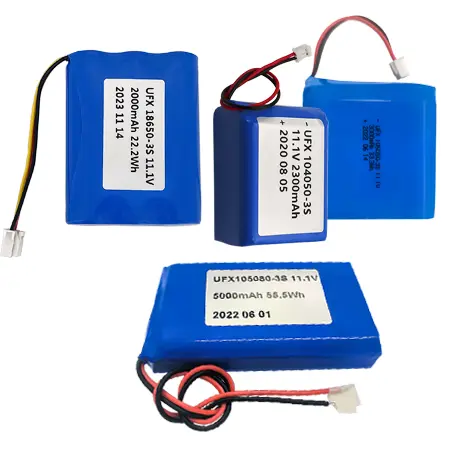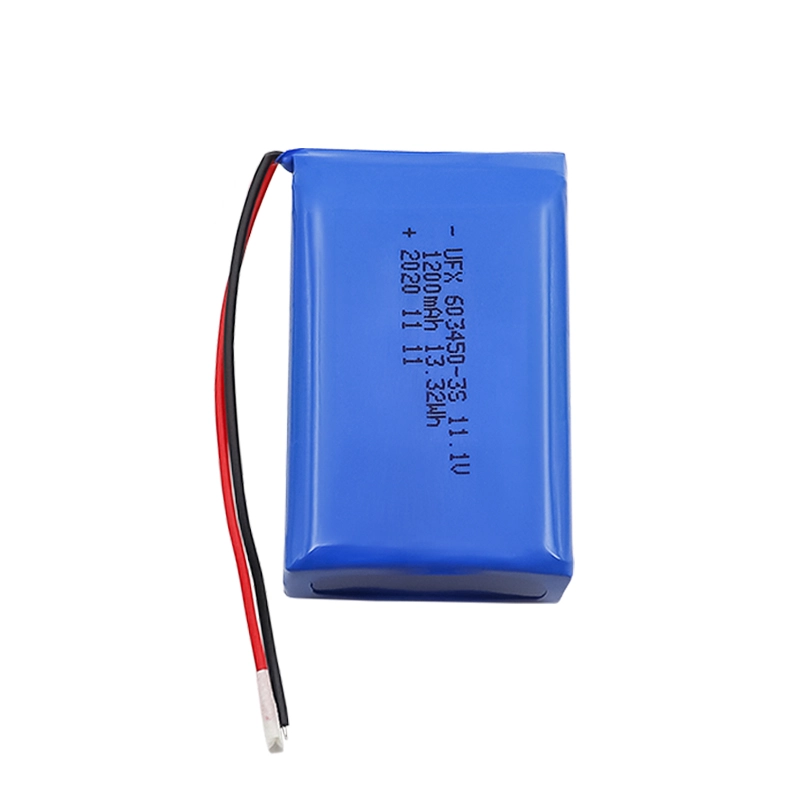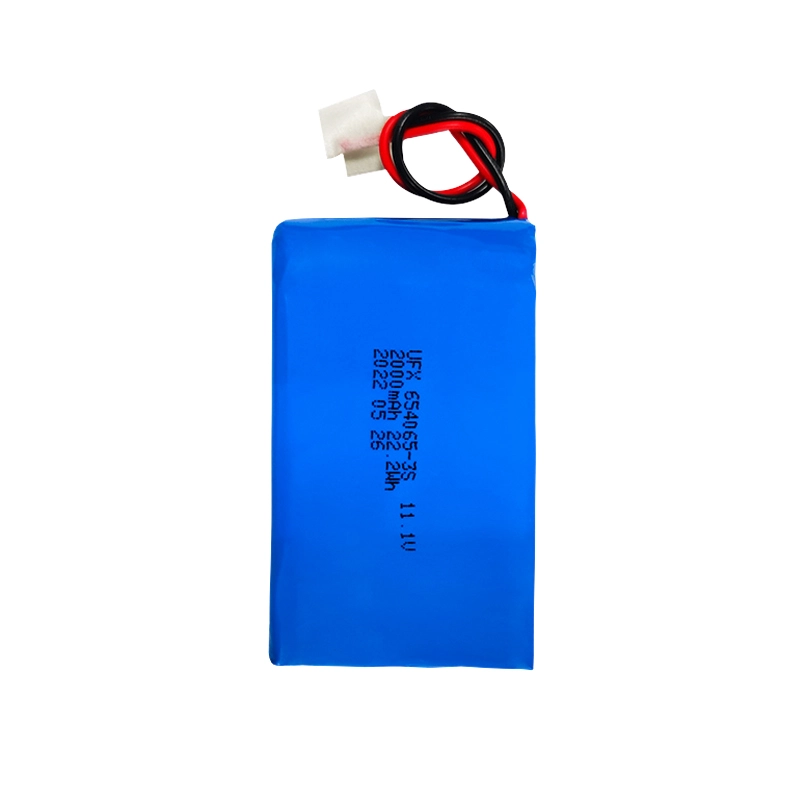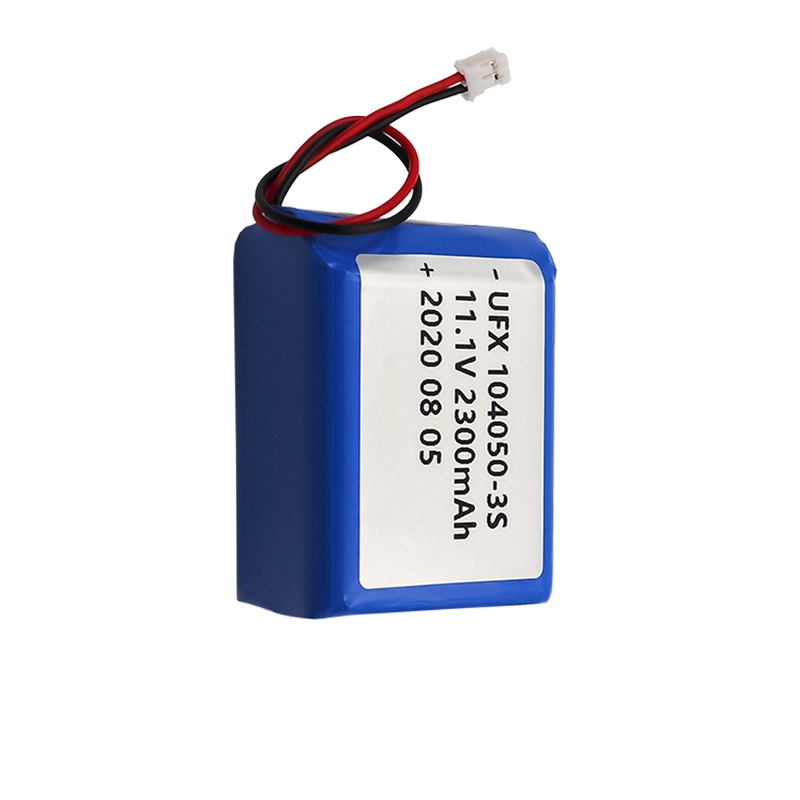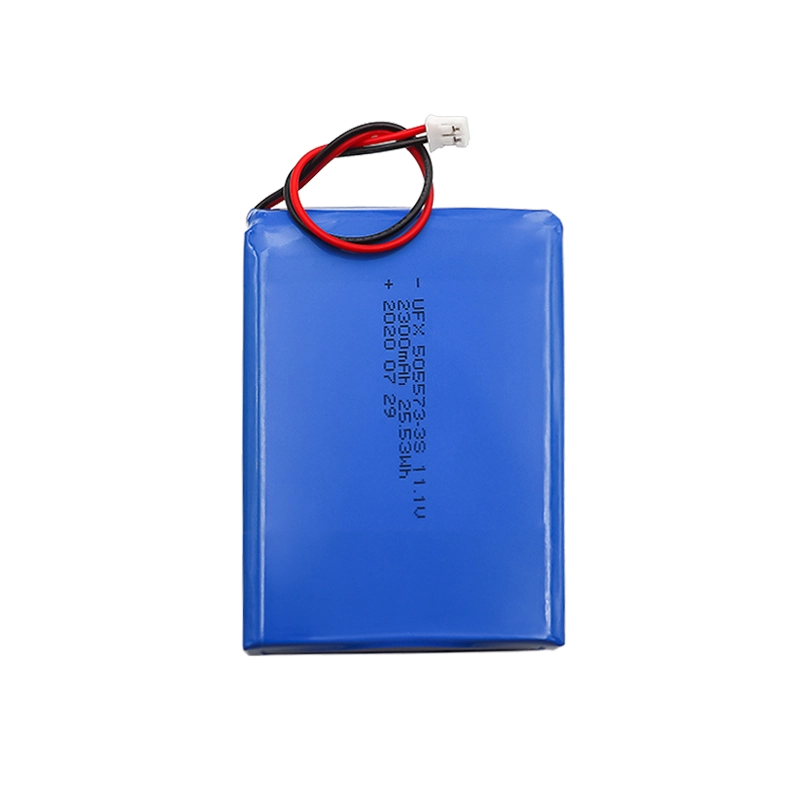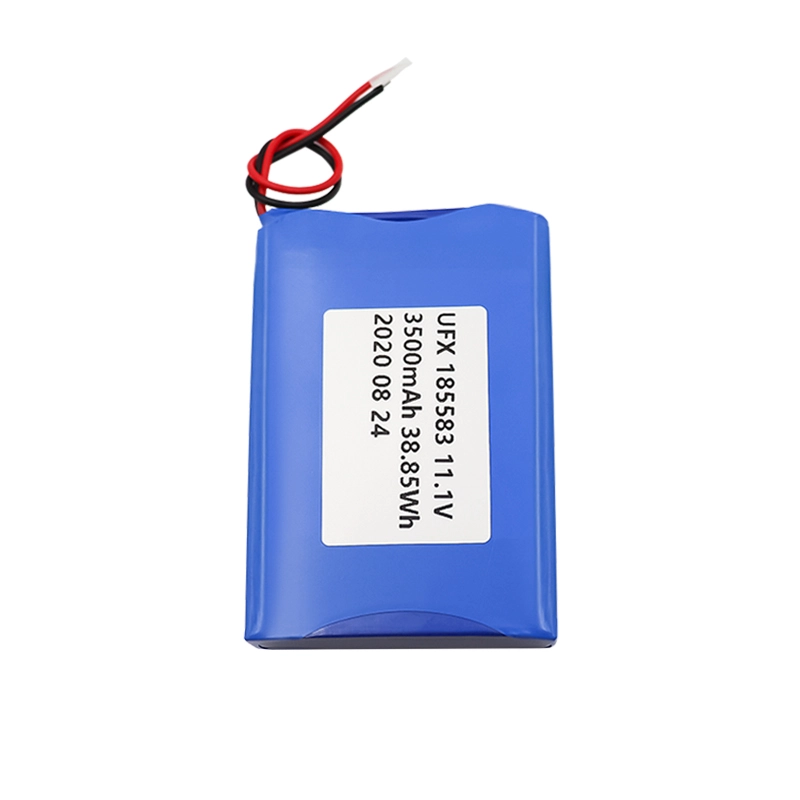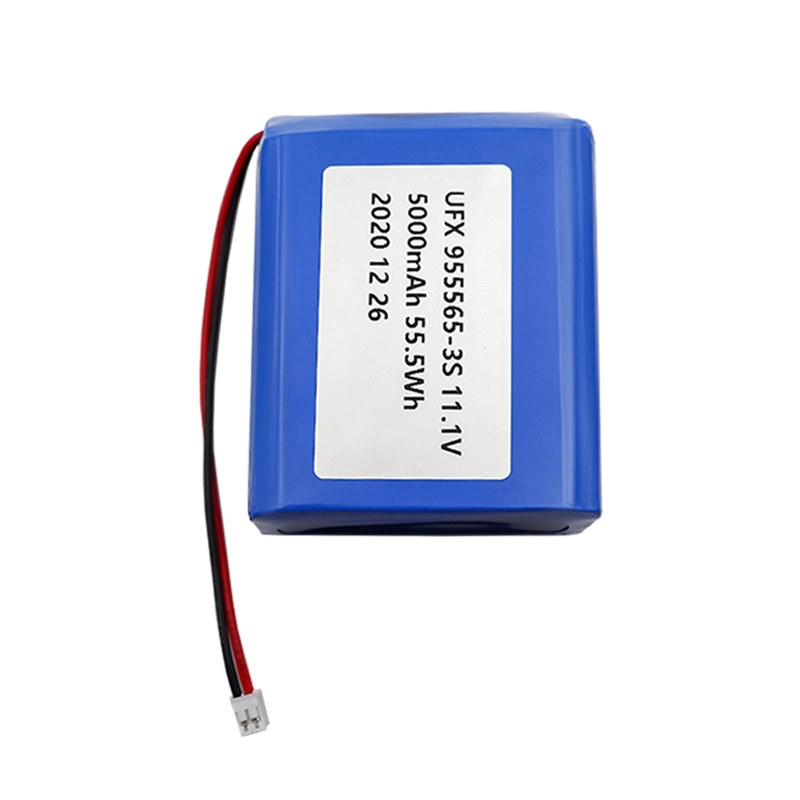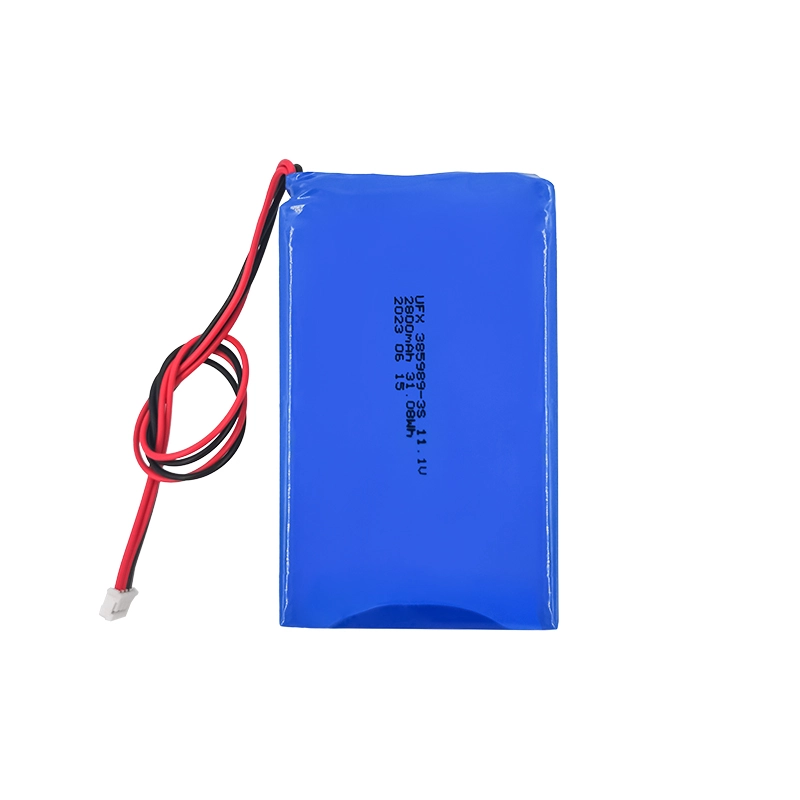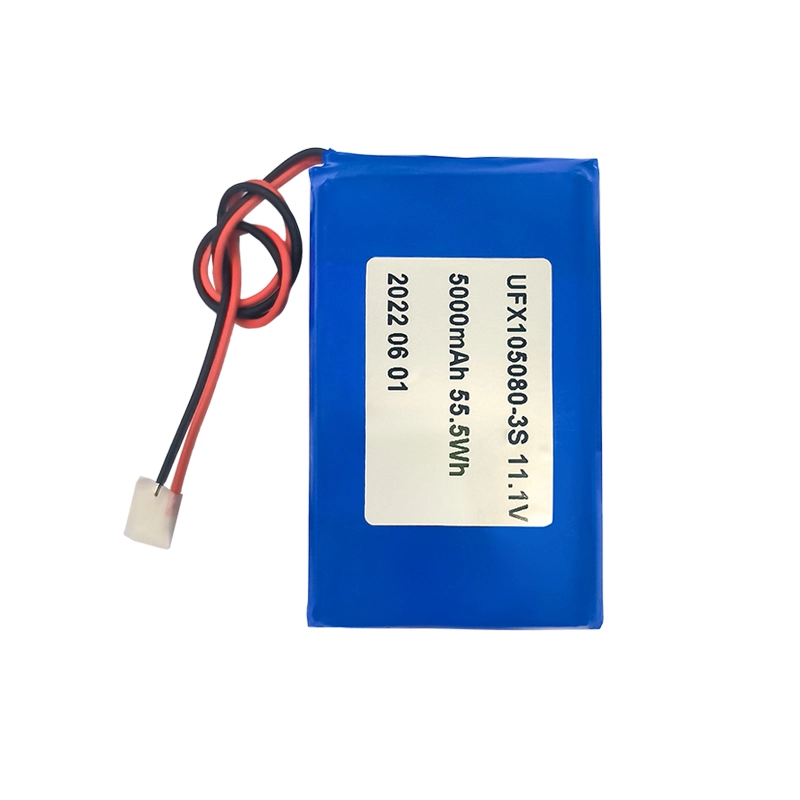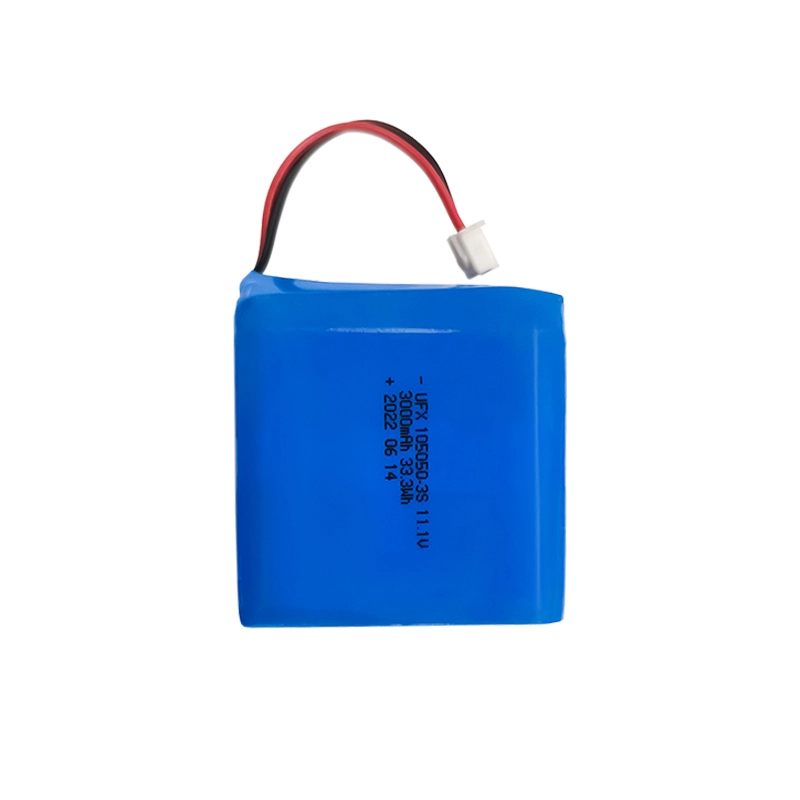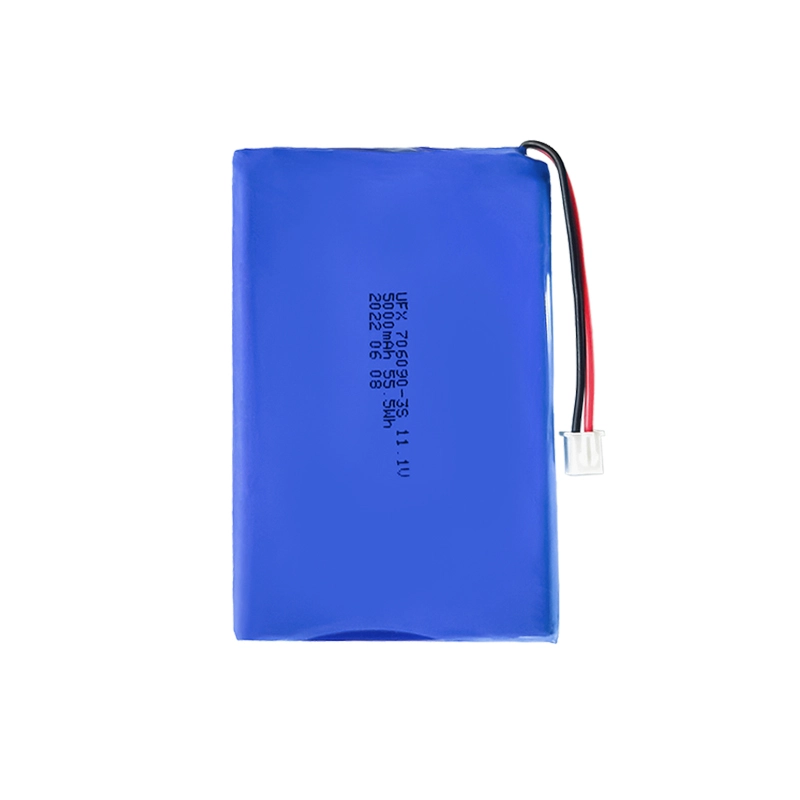Applications of 11.1 V Li-ion Battery

Glucose Meter Battery
Blood glucose meters play a crucial role in monitoring and managing diabetes. The battery powering your glucose meter is essential for accurate and reliable readings.

Digital Thermometer Battery
Digital thermometers are accurate and reliable tools for measuring temperature. With their efficient battery life and advanced features, they have become the preferred choice for many individuals and healthcare professionals.

Pulse Oximeter Battery
Common battery types used in pulse oximeters include rechargeable lithium batteries, AAA, AA, or button cell batteries like CR2032.

Blood Pressure Monitor Battery
Some blood pressure monitors have rechargeable batteries that can be recharged using a charging cable or dock. These monitors eliminate the need for frequent battery replacement and provide convenience for portable use.

ECG Battery
The battery life of an ECG monitor depends on various factors such as the capacity of the battery, the power consumption of the device, and the usage frequency.
Related Articles
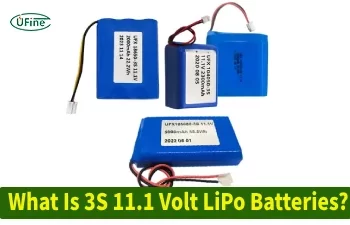
What Is 11.1 Volt LiPo Batteries?
In this article, we’ll cover what 11.1V LiPo batteries are, why they’re 11.1V, their capacities, common uses, chargers, and much more.
2024-7-15 Ufine
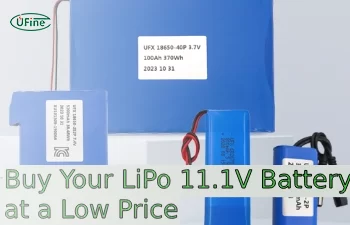
Buy Your LiPo 11.1V Battery at a Low Price
Are you looking to know where to buy a LiPo 11.1V battery at a low price? A detailed guide will help you find high-quality LiPo batteries cheaply.
2024-4-29 Ufine
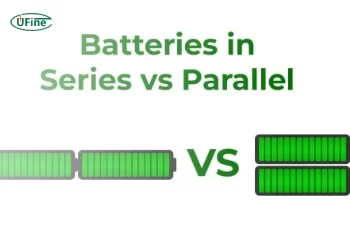
Batteries in Series vs Parallel: Which is Better?
Explore batteries in series vs. parallel: key differences, advantages, disadvantages, and step-by-step guides to choosing the right setup for your application.
2024-1-30 Ufine
FAQs About 11.1 V Li-ion Battery
-
What applications are best suited for thin film batteries?
Thin film batteries are perfect for applications in wearable technology, smart devices, and any product where size and weight are critical factors. They provide reliable power without adding significant bulk. -
How do I know if a thin film battery is right for my product?
To determine if a thin film battery is suitable, consider your device's size, power requirements, and usage conditions. Ufine Battery's team can help you assess your needs and select the appropriate thin battery. -
Can I customize a curved battery for my smart ring?
Yes, Ufine Battery offers customization options for curved batteries, allowing you to tailor the size, voltage, capacity, and shape specifically for your smart ring design. -
How can I determine if a curved battery is suitable for my device?
To assess the suitability of a curved battery for your device, consider the shape, size, and power requirements. Ufine Battery's experts can guide you in selecting the right curved battery for your smart ring or other wearable devices. -
What does high rate of battery discharge mean?
A high rate of battery discharge means the battery can release its stored energy quickly, measured in current (amperes) or C-rate. It is essential for applications needing rapid power, such as electric vehicles and power tools. -
What is the best battery discharge rate?
The best battery discharge rate varies by application. For consumer electronics, a rate of 0.5C to 1C is usually sufficient. For high-performance uses like electric vehicles, higher rates (2C to 10C or more) may be needed. -
Which battery is best for high temperature?
Lithium iron phosphate (LiFePO4) batteries are best for high temperatures due to their excellent thermal stability and safety. -
What is the high temperature for a LiFePO4 battery?
The high temperature limit for LiFePO4 batteries is around 60°C (140°F) for continuous use. They can handle short-term exposure up to 85°C (185°F). -
Can low temperature batteries be charged in cold conditions?
Yes, many low temperature batteries can be charged in cold conditions, but charging rates may be reduced to protect the battery's health. It’s important to refer to the manufacturer's guidelines for optimal charging temperatures to ensure safety and longevity. -
What applications are suitable for low temperature batteries?
Low temperature batteries are ideal for applications such as outdoor power tools, winter sports equipment, electric vehicles in cold climates, and any devices that may be used in frigid conditions. Their design ensures reliable performance where traditional batteries may fail.
